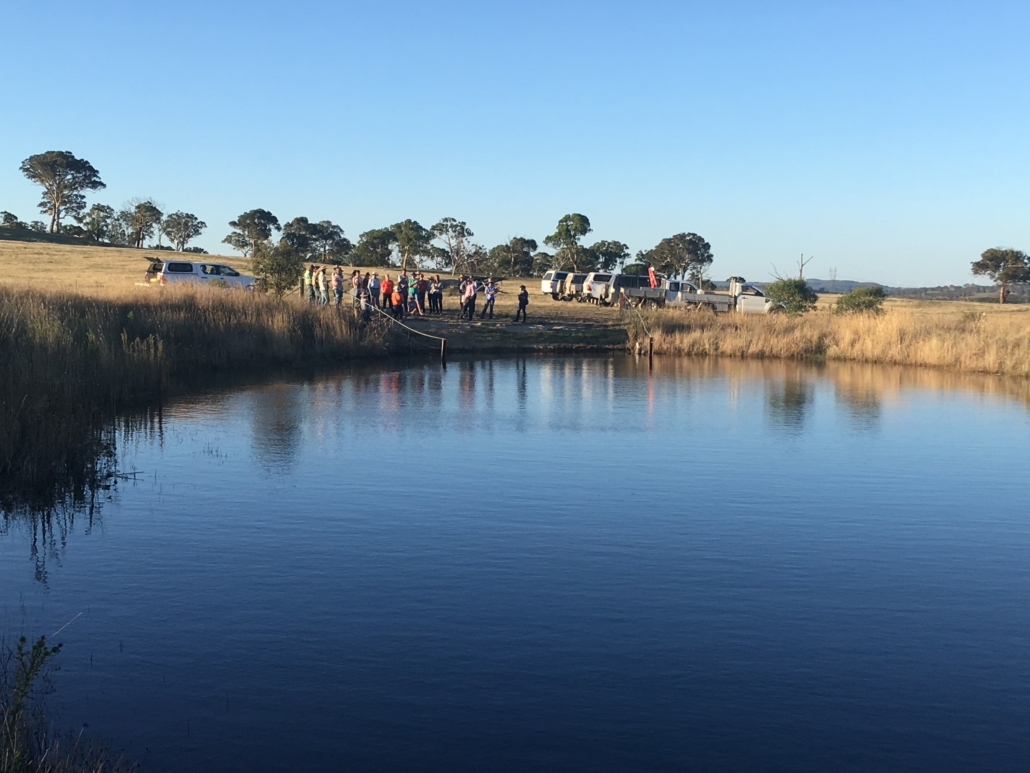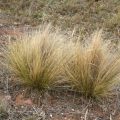Water Quality Impacts More Than you Might Think!
Published 17th March 2023. Written by Maddison O’Brien
Have you ever wondered about the water quality in your dam? Dams are essential infrastructure for most farming operations. Enhancing a farm dam can improve water quality and farm productivity and provide a habitat for various native wildlife. On Thursday, the 30th of March, the Microscope Group will gather in Lue to do an interactive workshop about water quality and dam health. You’re invited to learn how to create healthy farm dams and help your animals gain more weight!
Growing evidence suggests that the better your water quality, the better your livestock performance. Livestock will drink more water if it is of high quality, leading them to eat more dry matter and gain weight. We can implement a range of steps to enhance the health of dams. ANU Sustainable Farms Research shows enhanced dams have better quality water and support more wildlife than traditional, unenhanced dams.

An ANU Sustainable Farms field day at an enhanced dam near Goulburn.
The water quality of waterbodies is linked to the surrounding landscape, its level of vegetation and the animals that access it. Bare ground around dams leads to run-off and murky water, whereas vegetated dams can more aptly filter the water leading to less silting up of dams. Similarly, when stock are allowed unchecked access to dams (especially cattle), they will tend to spend more time than necessary in and around the water, damaging dam walls, and vegetation and fouling the water
Sustainable Farms researchers surveyed 57 farm dams in NSW and Victoria. Results show that enhanced dams have lower nitrogen levels and lower turbidity, factors that can contribute to algal outbreaks, reduced palatability, and animal health issues. Enhanced dams have significantly lower coli counts and fewer thermotolerant (faecal) bacteria. 65% of unfenced dams had coliform counts that exceeded guidelines for stock water quality.
Enhanced dams support more waterbug species, which indicates higher water quality.
Improving farm dams and streams for biodiversity can also boost farm productivity. As more fauna (insects, birds, reptiles, frogs and fish) use your dams as a habitat, increased ecosystem services will help your farm be more resilient. Think natural pest management, pollination and improved soil health.
The workshop on the 30th will cover the fundamental skills to assess overall dam health. We will be getting hands-on, doing some water testing and looking at what kinds of tiny critters live in the water and what that means when considering water health. Bruce Christie from LLS will be sharing his in-depth knowledge with us. Whether you have a small backyard pond, a dam, or river frontage come along, there’s something here you can take away to improve the environment. Go to watershedlandcare.com.au/events to RSVP to this free event.






